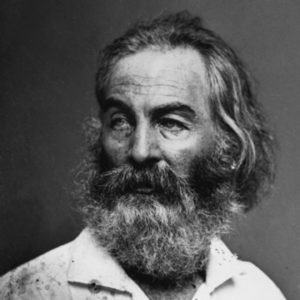We have decided to create the most comprehensive English Summary that will help students with learning and understanding.
Childhood Poem Summary in English by Markus Natten
Childhood Poem Summary in English
The poet regrets having lost the innocence that he had as a child. He feels that after he turned twelve, he realised that hell and heaven did not exist as had been taught to him. He rationalised his thoughts and drew his own conclusions. He ceased to have faith in people and became a little more sceptical.
The poet could have lost his childhood when he realised that adults were hypocritical. He understood that although they sermonised on the need to be loving, yet they did not follow that dictum. They did not love the people around them. Their love was merely a facade.
Perhaps, he lost his childhood when he became more individualistic. He refused to share what was his. He learnt to think for himself. It was at that point of time that he learnt to assert himself.
The poet knows that he has lost his childhood and he laments its loss. He is saddened by the fact that he cannot regain it. He knows, with certainty, childhood can be found still, veiled, in a young child’s face.
Childhood Poem Summary Questions and Answers
1. When did my childhood go?
Was it the day I ceased to be eleven,
Was it the time I realized that Hell and Heaven,
Could not be found in Geography,
And therefore could not be,
Was that the day!
a. “When did my childhood go?” What does the poet want to convey? Name the poetic device.
Answer:
The poet uses interrogation to convey a strong affirmation. He wants to convey that he has lost his childhood.
b. When did the poet lose his childhood?
Answer:
The poet lost his childhood when he was twelve years old.
c. What did he become conscious of then?
Answer:
The poet became rationalistic.
d. What did he stop believing?
Answer:
The poet stopped believing that heaven and hell were places that could be found on the globe.
e. What was different about him earlier?
Answer:
The poet was more naive and trusting earlier when he was younger.
2. When did my childhood go?
Was it the time I realized that adults were not
all they seemed to be,
They talked of love and preached of love,
But did not act so lovingly,
Was that the day!
a. When did the poet lose his childhood?
Answer:
The poet lost his childhood when he realized that there was hypocrisy in the world.
b. What did he observe about the adults?
Answer:
The poet observed that adults did not practise what they preached.
c. What did they preach?
Answer:
Adults advocated love.
d. What virtue was the poet deprived of then?
Answer:
The poet was deprived of his insight.
3. When did my childhood go?
Was it when I found my mind was really mine,
To use whichever way I choose,
Producing thoughts that were not those of other people
But my own, and mine alone
Was that the day!
a. When did the poet lose his childhood?
Answer:
The poet lost his childhood when he became individualistic.
b. How did he change?
Answer:
The poet started thinking with his own mind.
c. What did he realize?
Answer:
The poet realized that he had become possessive of his own things and had started thinking for himself.
d. What virtue was the poet deprived of then?
Answer:
The poet was deprived of sharing and compassion.
4. Where did my childhood go?
It went to some forgotten place,
That’s hidden in an infant’s face,
That’s all I know.
a. When did the poet lose his childhood?
Answer:
The poet lost his childhood when he turned twelve.
b. Why does the poet feel that it has gone to some forgotten place?
Answer:
The poet feels his childhood has gone to some forgotten place because it is untraceable now.
c. Where could it be hiding? Why?
Answer:
Childhood could be hiding in a young child’s face because that is the only place where the poet feels he has seen it, lately.
